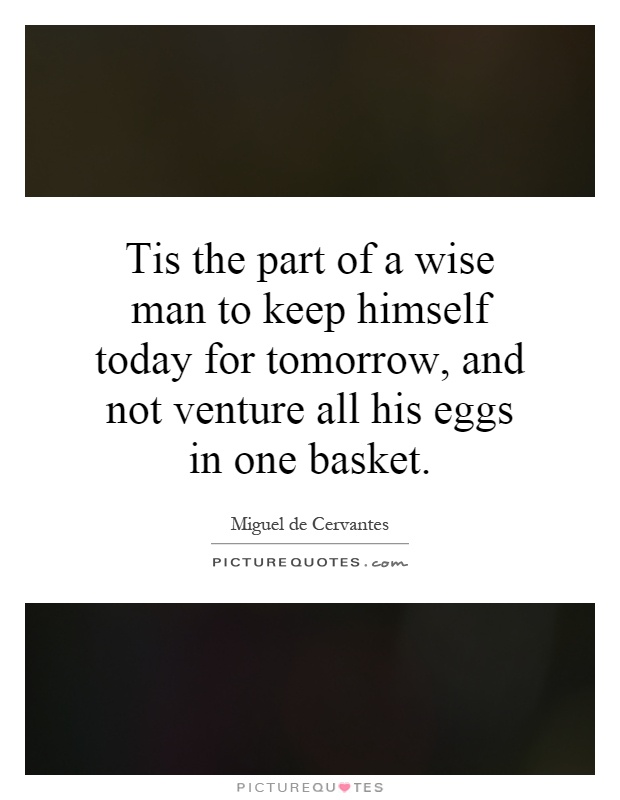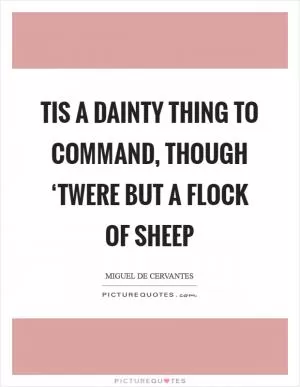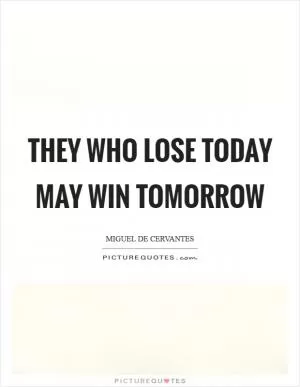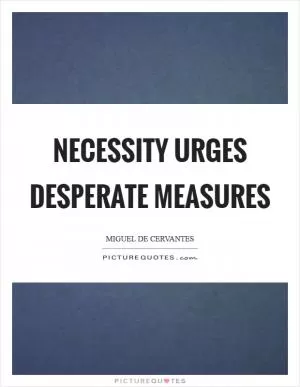Tis the part of a wise man to keep himself today for tomorrow, and not venture all his eggs in one basket

Tis the part of a wise man to keep himself today for tomorrow, and not venture all his eggs in one basket
In the famous novel "Don Quixote" by Miguel de Cervantes, the protagonist Don Quixote is often portrayed as a foolish and naive character who constantly puts himself in risky situations. However, there are moments in the novel where Don Quixote displays wisdom and prudence, particularly when it comes to the idea of not putting all of one's resources or hopes into one single endeavor.The quote "Tis the part of a wise man to keep himself today for tomorrow, and not venture all his eggs in one basket" can be seen as a reflection of Don Quixote's character development throughout the novel. At the beginning of the story, Don Quixote is portrayed as a man who is willing to risk everything for his idealized vision of chivalry and knight-errantry. He embarks on a series of adventures without considering the consequences, often putting himself in danger and risking his life for the sake of his beliefs.
However, as the novel progresses, Don Quixote begins to show signs of growth and maturity. He starts to realize the importance of being cautious and strategic in his actions, rather than blindly charging into every situation without thinking. This is exemplified in the quote, which emphasizes the importance of planning for the future and not putting all of one's resources into one single endeavor.
Don Quixote's journey can be seen as a metaphor for the human experience, as we all face moments of recklessness and impulsivity, but also have the capacity for growth and wisdom. By learning to balance our desires and ambitions with practicality and foresight, we can avoid the pitfalls of putting all of our eggs in one basket and ensure a more stable and secure future.












 Friendship Quotes
Friendship Quotes Love Quotes
Love Quotes Life Quotes
Life Quotes Funny Quotes
Funny Quotes Motivational Quotes
Motivational Quotes Inspirational Quotes
Inspirational Quotes